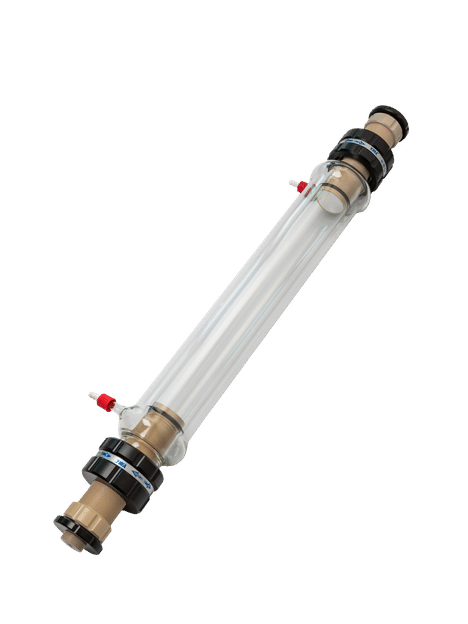Novartis drug Afinitor extends progression-free survival in patients with advanced pancreatic NET, study published in NEJM shows
No tumor growth after 18 months in 34% of the patients treated with everolimus versus in 9% of those treated with placebo
The New England Journal of Medicine (NEJM) published a study that shows Afinitor® (everolimus) tablets plus best supportive care (BSC) more than doubled progression-free survival (PFS), or time without tumor growth, versus placebo plus BSC in patients with advanced pancreatic neuroendocrine tumors (NET)
Data from the study, RADIANT-3 (RAD001 In Advanced Neuroendocrine Tumors), were first presented last year at the 12th World Congress on Gastrointestinal Cancer in Barcelona. Regulatory submissions for everolimus to treat this patient population are underway worldwide.
Results from the trial showed that everolimus more than doubled median PFS from 4.6 to 11.0 months when compared with placebo and reduced the risk of cancer progression by 65% (hazard ratio=0.35 [95% confidence interval (CI), 0.27 to 0.45]; p<0.001) in patients with advanced pancreatic NET. After 18 months, 34% of patients treated with everolimus (95% CI, 26 to 43) were alive and progression-free versus 9% of those treated with placebo (95% CI, 4 to 16), showing a more prolonged benefit for patients treated with everolimus.
Pancreatic NET originates from the islet cells of the pancreas and can grow aggressively. It is a distinct and uncommon disease that is different from what is generally referred to as pancreatic cancer or pancreatic exocrine cancer. At time of diagnosis the majority of patients have advanced disease, meaning the cancer has spread to other parts of the body and has become more difficult to treat. The median survival duration for patients with advanced pancreatic NET is 24 months.
"A patient diagnosed with advanced NET may have limited treatment options," said James Yao, MD, Associate Professor of Medicine, The University of Texas MD Anderson Cancer Center, Houston, Texas. "Results from the RADIANT-3 trial are encouraging and demonstrate the potential benefit of treating advanced pancreatic NET with the mTOR inhibitor everolimus."
Everolimus targets mTOR, a protein that acts as an important regulator of tumor cell division, blood vessel growth and cell metabolism. Preclinical and clinical data have established the role of mTOR in the development and progression of several types of tumors, including pancreatic NET.
Other news from the department research and development

Get the life science industry in your inbox
By submitting this form you agree that LUMITOS AG will send you the newsletter(s) selected above by email. Your data will not be passed on to third parties. Your data will be stored and processed in accordance with our data protection regulations. LUMITOS may contact you by email for the purpose of advertising or market and opinion surveys. You can revoke your consent at any time without giving reasons to LUMITOS AG, Ernst-Augustin-Str. 2, 12489 Berlin, Germany or by e-mail at revoke@lumitos.com with effect for the future. In addition, each email contains a link to unsubscribe from the corresponding newsletter.

























































